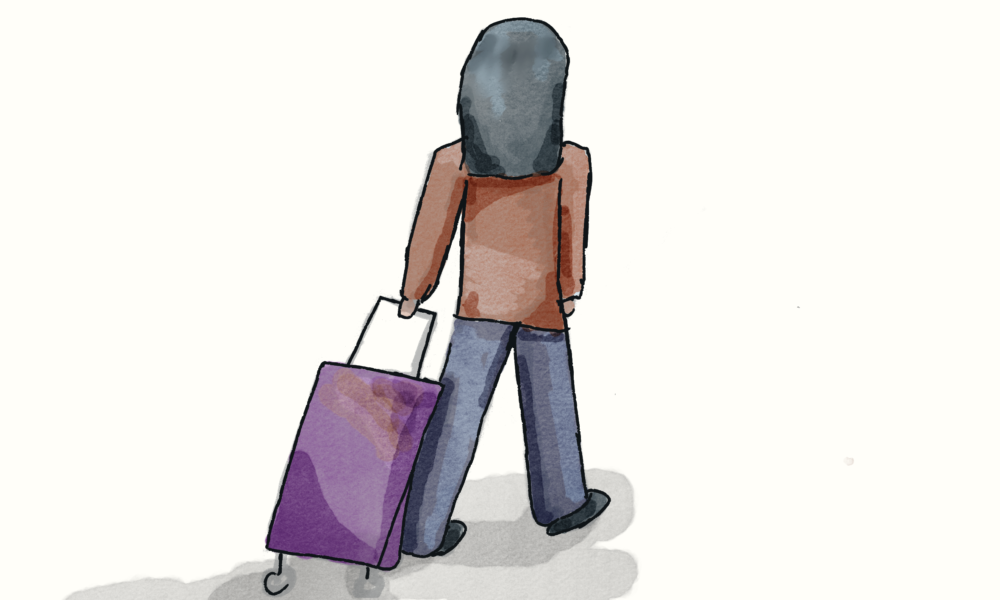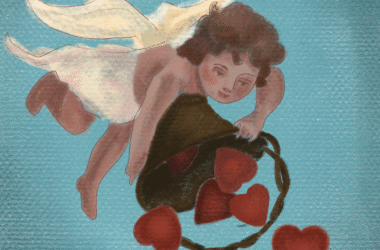Students in McGill’s Faculty of Arts faced unprecedented challenges in the matching process for the exchange program this year. Many students were not matched with any of their top choices for study-away, forced instead to choose from a narrow list of universities they never had any intention of going to.
In past years, students in the Faculty of Arts were able to study abroad with McGill’s exchange program or through Independent Study Away (ISA). The ISA program, separate from standard exchanges, allowed students to study abroad at schools not included in McGill’s list of official exchange partners. Through ISA, students could directly apply and pay tuition to their host university, rather than through McGill.
As of Summer 2025, students in the Faculty of Arts are no longer able to apply for ISAs outside of Canada. This means students wanting to leave the country can only apply to schools within McGill’s list of exchange partners, significantly reducing the number of options for studying abroad.
The exchange application process asks students to submit their top four study abroad choices to the Exchange Office. McGill then assigns each student their nominations based on a lottery, where students with higher GPAs are favoured to obtain their top choice.
Students applying for Winter 2026 exchanges often found that they were not nominated for any of their top four choices. They were then asked to reapply, this time from a short list of roughly 10 universities that were still available. In an interview with The Tribune, Samuel Hamilton, U2 Arts, explained the challenges he faced after not matching with any of his original top four choices.
“And [after I wasn’t matched with my top four], they also gave me a really short list of universities, like 10, [or maybe] a dozen,” Hamilton said. “Many of them didn’t have classes that counted for my degree. So, feasibly, it was kind of impossible for me to go there because it just wouldn’t count towards my degree.”
Hamilton further explained that even after submitting his new top choices from the shortlist, he still faced difficulties in matching.
“I re-submitted the form one minute after it opened, and I was like, okay, I probably got Leiden [my new top choice from the provided list] because what are the chances I don’t get that, you know?” he said. “And then I got an email three days ago, saying I got Helsinki. And I was like, guys, I submitted this form in one minute. How would I not get Leiden? Now you’re giving me my sixth option. [….] Surely, you could have given me my first choice off this really short list.”
Through a stroke of luck, Hamilton ended up matching with one of his original top choices, the University of Copenhagen, he told The Tribune. But the experience still left him frustrated and confused.
“I’m already really limited,” he stated. “I just felt quite frustrated by the lack of options and how unaccommodating they were.”
Alvise Ceolato, U3 Arts, was also denied any of his top choices and instead matched with the University of Iceland, he reported in an interview with The Tribune. Like Hamilton, this university was not present on the first or second set of choices he submitted to the Exchange Office.
Ceolato also raised concerns regarding the potential financial ramifications of not being accepted to study abroad at any of your top universities.
“People need to financially plan for where they end up going,” he said. “I was supposed to go to Singapore, and I ended up in Iceland. But, budgeting-wise, it’s extremely different, you know? So how can you expect people to be able to arrange that? In a way, you apply, and it’s still your choice. But I feel like it’s not really mindful of McGill.”









